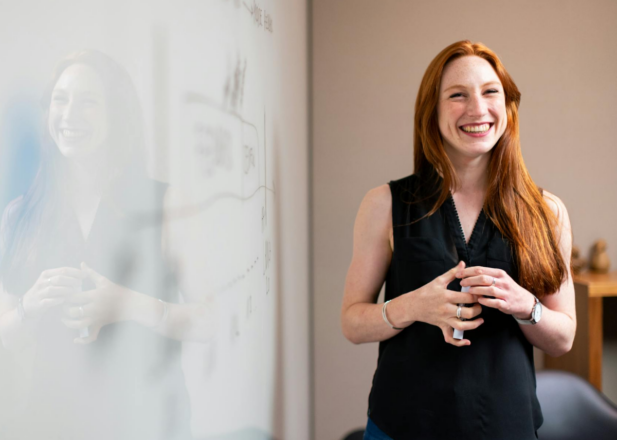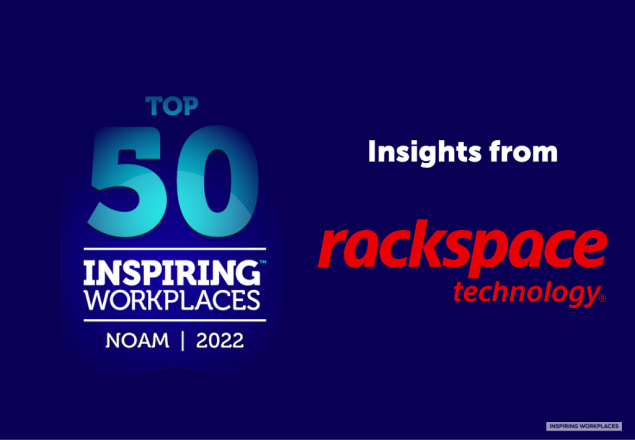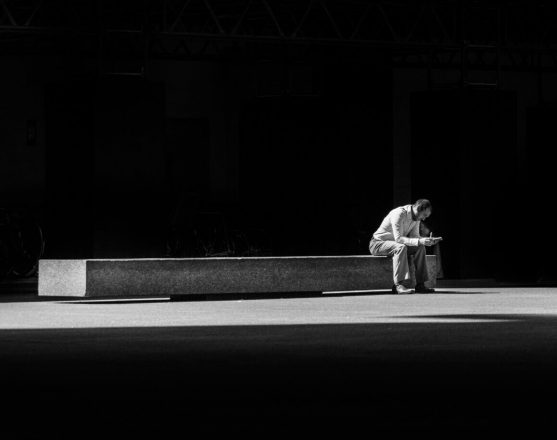
22nd July 2024
Feeling Exhausted? Here’s How to Overcome Fatigue

Exhaustion can profoundly affect our lives, alienating us from our emotions and loved ones. To combat this, Anna Katharina Schaffner suggests fostering appreciation, managing our inner critic through Acceptance and Commitment Therapy (ACT), understanding the life-cost of our goals, practicing saying no, applying the 80/20 principle, prioritizing rest, and adopting Stoic principles to control our reactions to stress.
The original article was written by Anna Katharina Schaffner and published in The Guardian.
Exhaustion can threaten the very core of our being. When everything costs energy we don’t have, our world shrinks. We can become alienated from our emotions, desires and loved ones. But what can we do about it?
Encourage appreciation
In my work as a burnout coach, I have found the cause that stands out above all the others is not feeling valued. If we neither give nor receive appreciation at work, our chances of burning out increase by 45% and 48% respectively, according to a 2019 study by the OC Tanner Institute. In the long run, this absence of positive feedback diminishes and devalues us. The good news is that the appreciation cure works both ways. We can be nourished by the act of appreciating others, which also increases our chances of receiving it as well.
Perspective is everything
We may think we are living in the age of exhaustion par excellence. The 2023 Deloitte Wellbeing at Work survey found that around half of the UK and US workforce declares it is always or often exhausted or stressed. But ours is far from being the only generation to have battled with the demons of exhaustion. In the Middle Ages, exhaustion was defined as “acedia” – a sinful spiritual malaise that manifested as apathy, torpor and ingratitude. Renaissance scholars associated exhaustion with scholarly activities and the alignment of the planets. In the 19th century, it was the central symptom of a condition called “neurasthenia”, defined as a weakness of the nerves and understood to be the consequence of a faster pace of life and overstimulation. I have found it consoling to learn that these fears have always been with us. Concerns about exhaustion are what make us human. They relate to more deep-seated fears about the consequences of social change, the gradual waning of energy as we age, and death.
The gospel of work is not our friend
In the past, seasons, tasks and the dying of the light determined our working patterns. But industrialisation required a different attitude to work and time. Time management, punctuality and efficiency became new virtues. Theological ideas from the 16th century morphed into a “gospel of work”, revolving around discipline, productivity and success. Sociologist Max Weber coined the term “Protestant work ethic”, where success and worldly achievements were considered a sign of being among the elect – those predestined for salvation. Even further back, laziness was considered one of the deadly Seven Sins.
While the Protestant work ethic has fuelled progress, it may not serve us well personally. Many of us have deeply internalised these old religious values and become our own taskmasters, believing that we are nothing without success, and worthless without our work. We hold the idea that “time is money”, as Benjamin Franklin famously put it. We feel a constant pressure to use our time to work and achieve because, deep down, we still believe that this is the only path to redemption.
Take up a hobby
One of the most powerful antidotes to exhaustion is a hobby. Hobbies ensure that we have other things in our lives apart from work that provide us with meaning, joy and even community. Gardening, dancing, knitting etc allow us to become what the burnout researcher Nick Petrie has called “multifaceted people”, those who have not placed all their eggs in the basket of work. Nourishing opposite worlds are essential for thriving.Hobbies serve no purpose other than making the person who performs them happy. Like child’s play, they are unapologetically work’s true opposite. If you don’t know whether you should grow rare succulents, climb mountains, or collect photographs of hot Victorian men with funny moustaches, ask yourself: when did I last feel fully alive?
Manage your inner critic
Many of us will be familiar with a negative voice in our head that is constantly judging us. It’s the voice that tells us we are not clever enough, that we are too fat, too thin, too short, too tall, that we are no good at our job. Our inner critic magnifies the negative and spreads discontent in our lives. It can also drain our energy from within and be a major cause of our exhaustion.
As a coach, I have found that Acceptance and Commitment Therapy (ACT) offers particularly powerful tools for managing our inner critic. ACT can teach us to treat it as mind-chatter and to shift attention away from the content (what it has to say) to the form (insignificant noise in our head). ACT teaches us one of the most precious insights there is, namely, that we are not our thoughts.
Instead of thinking, “I am useless at my job,” or “I am stupid and I mess everything up,” ACT encourages us to add: “I notice that I am having the thought that I am useless at my job,” and, “I notice that I am having the thought that I am stupid and mess everything up.” This creates a crucial and powerful distance between ourselves and our unhelpful thoughts.
Read the full article: Feeling exhausted? Here’s how to fight the weariness
The Inspiring Workplaces Awards are open!
3 ways to be Recognised: Organisations, Individuals and Vendors.






